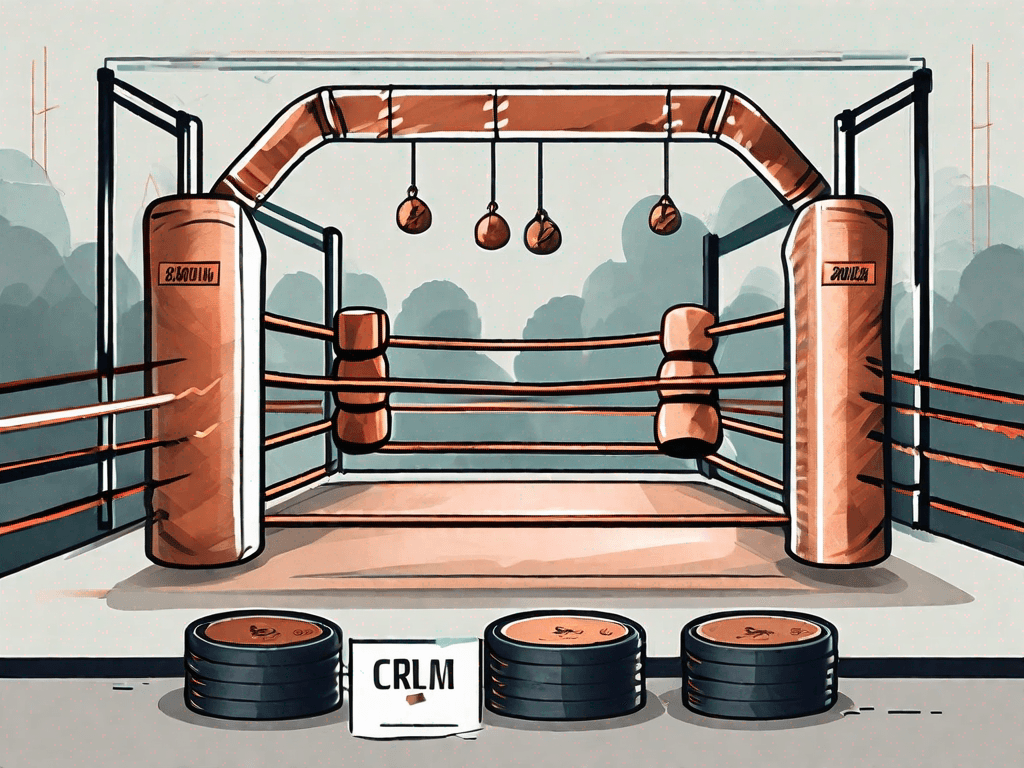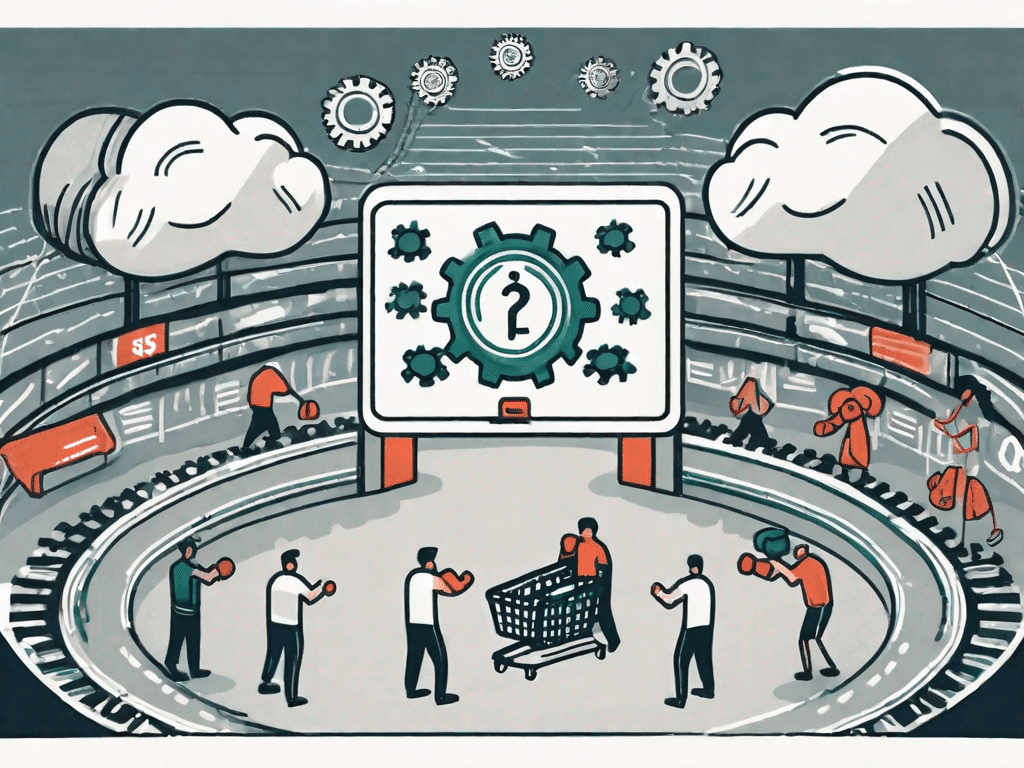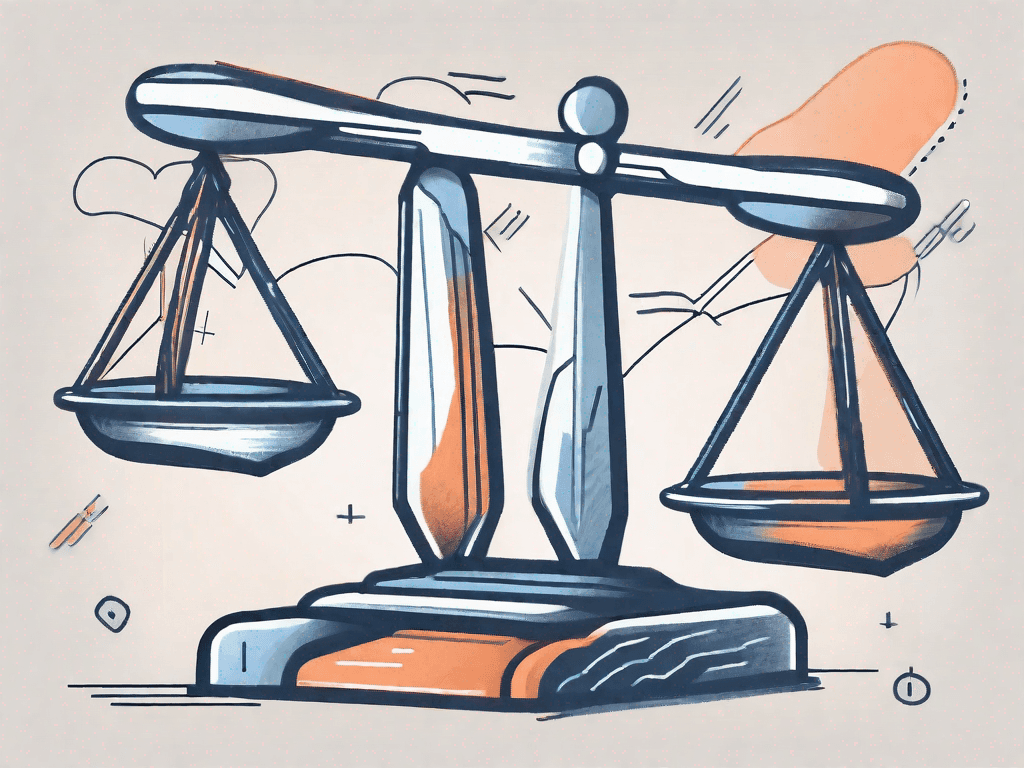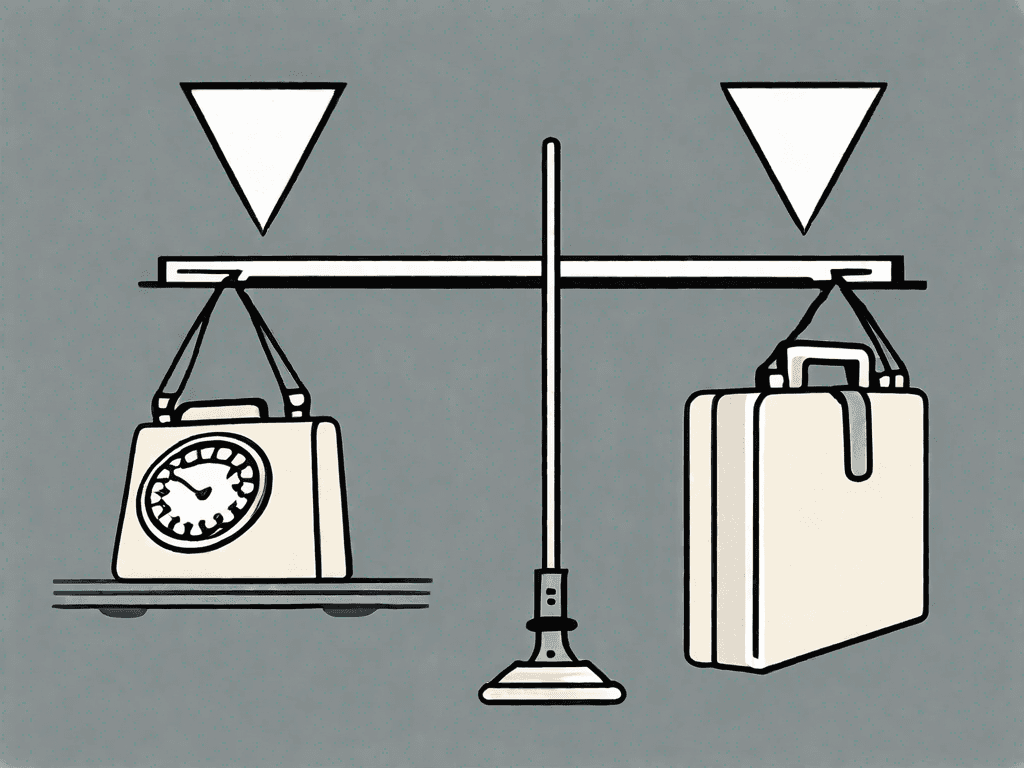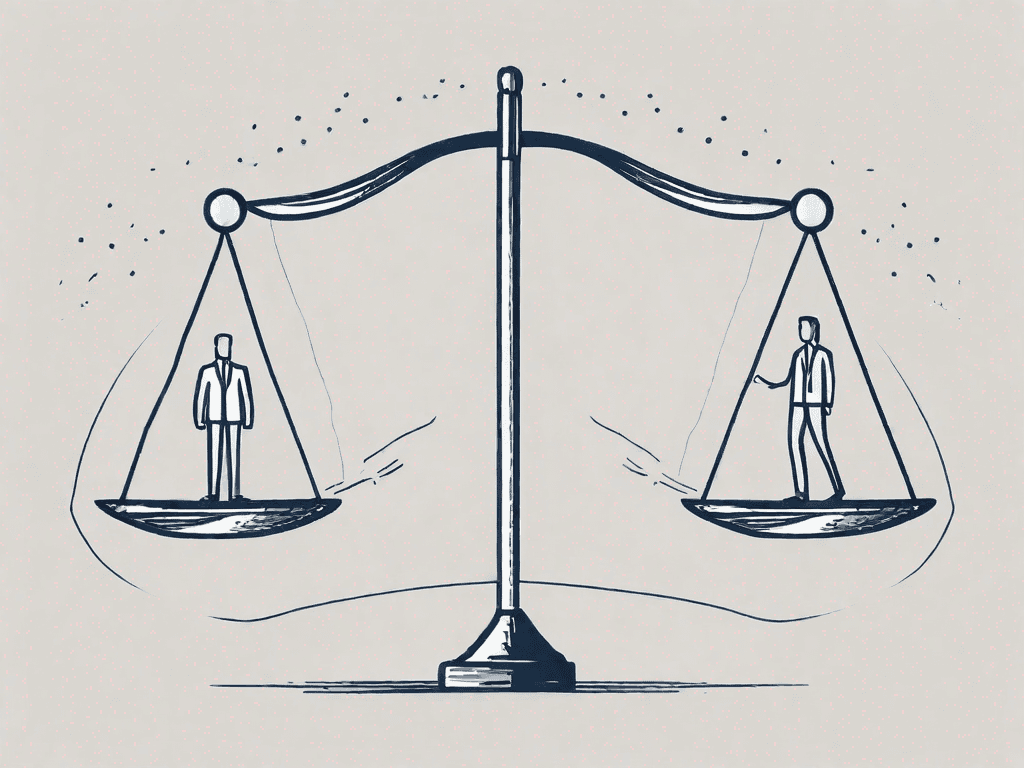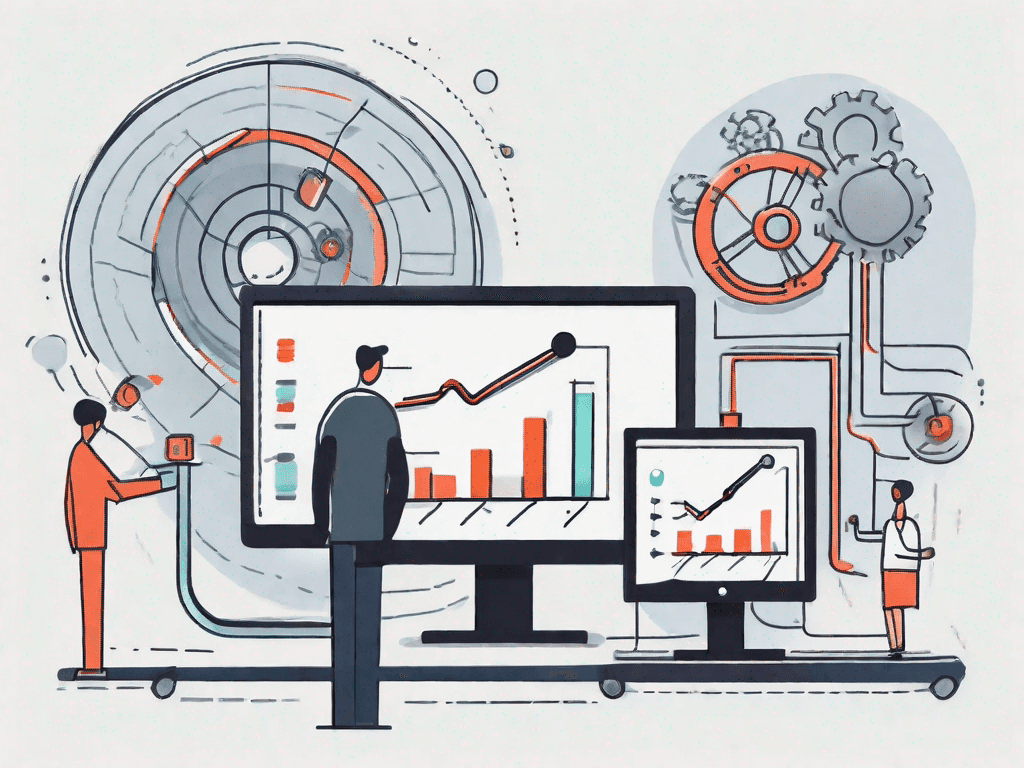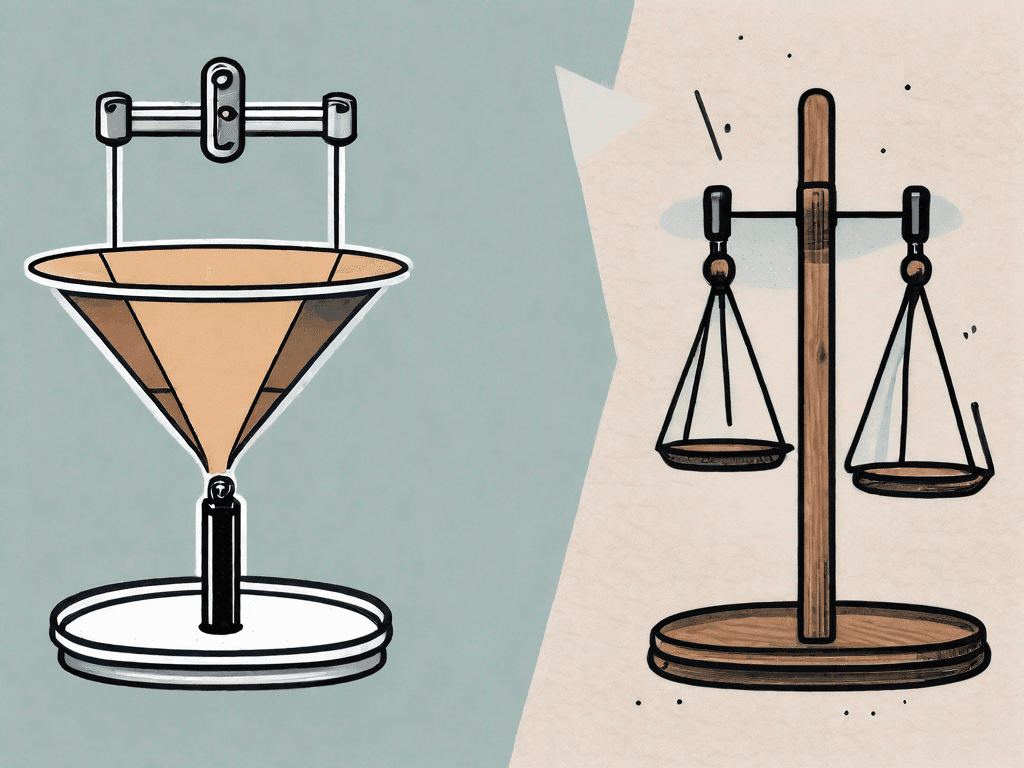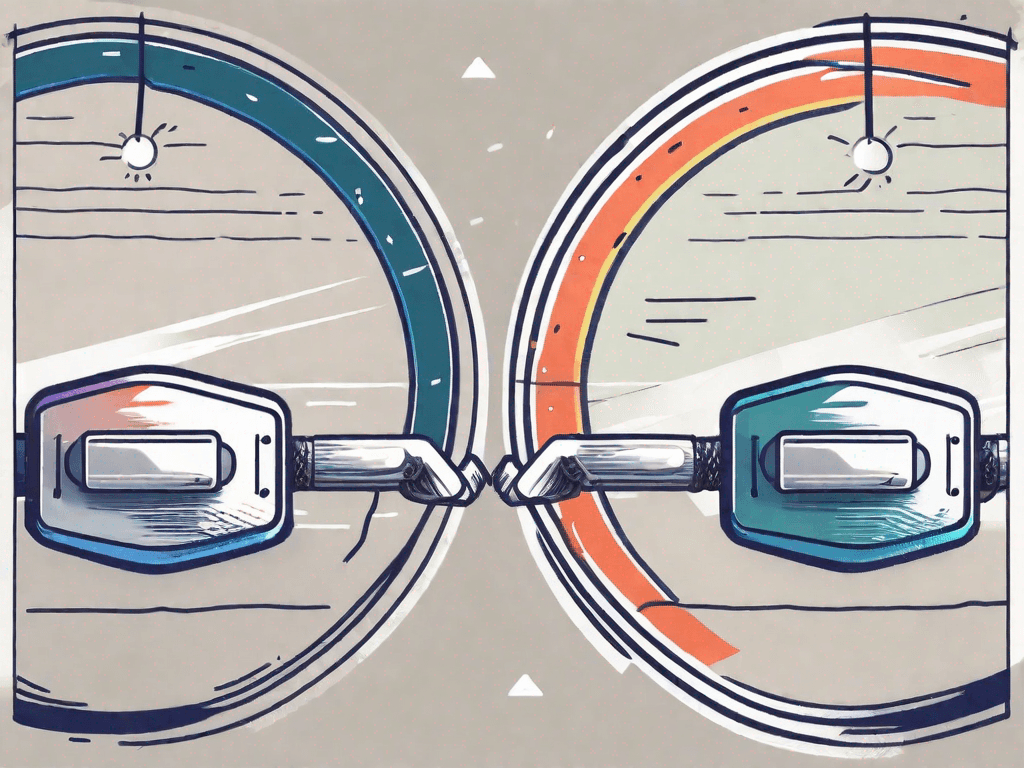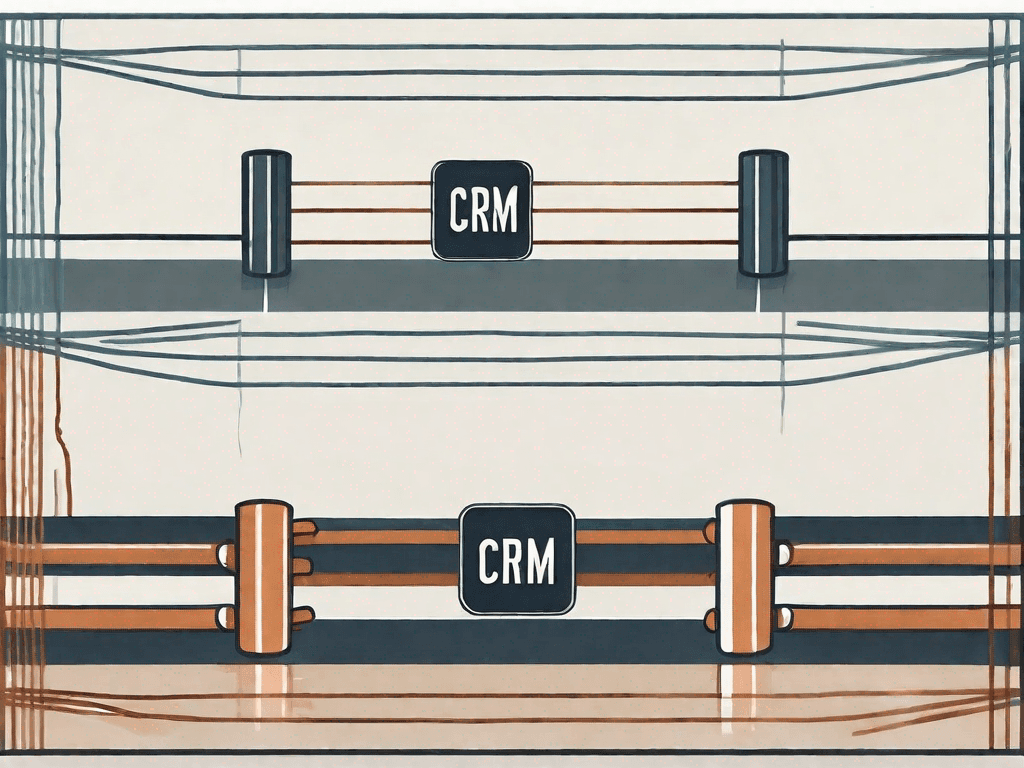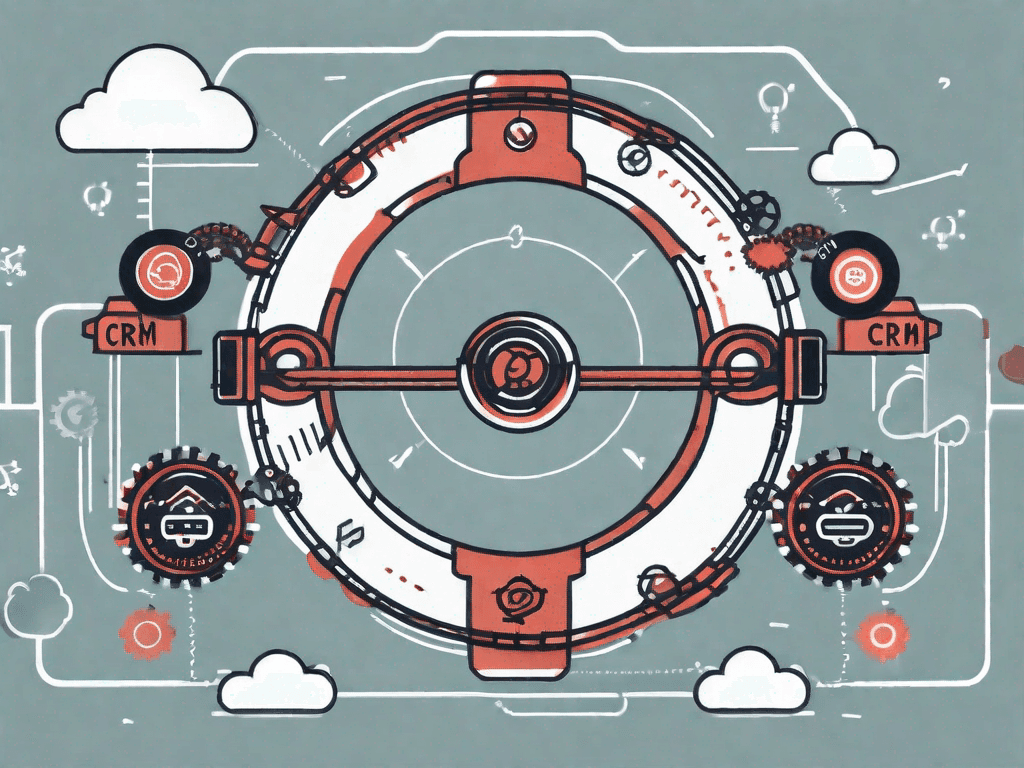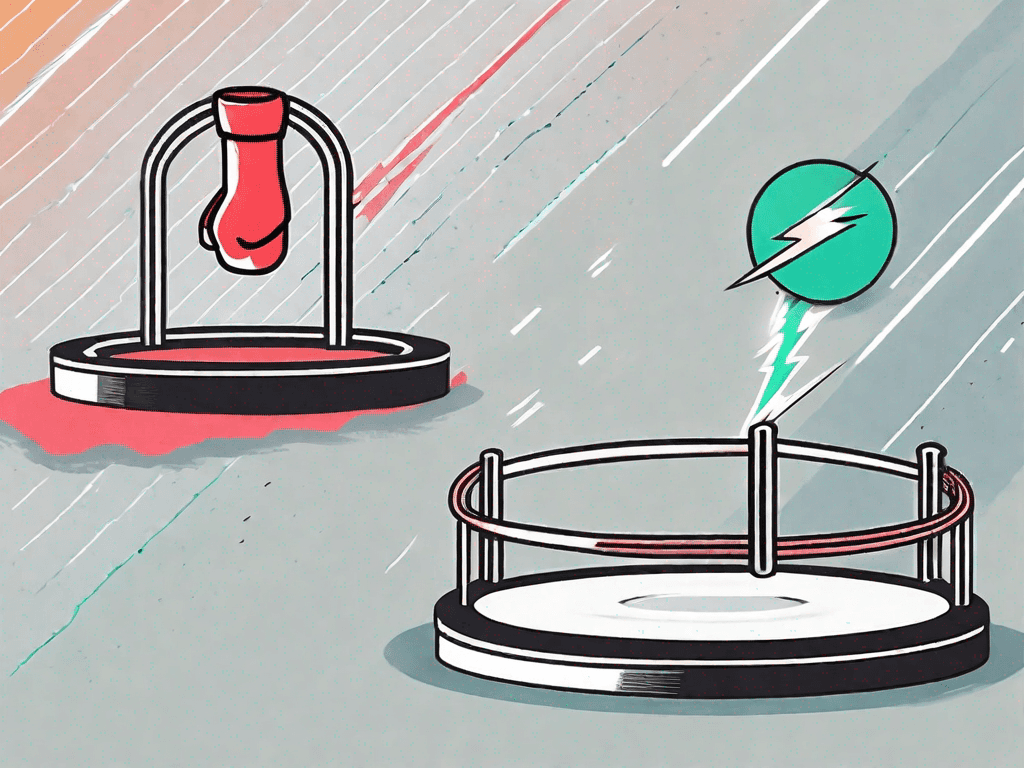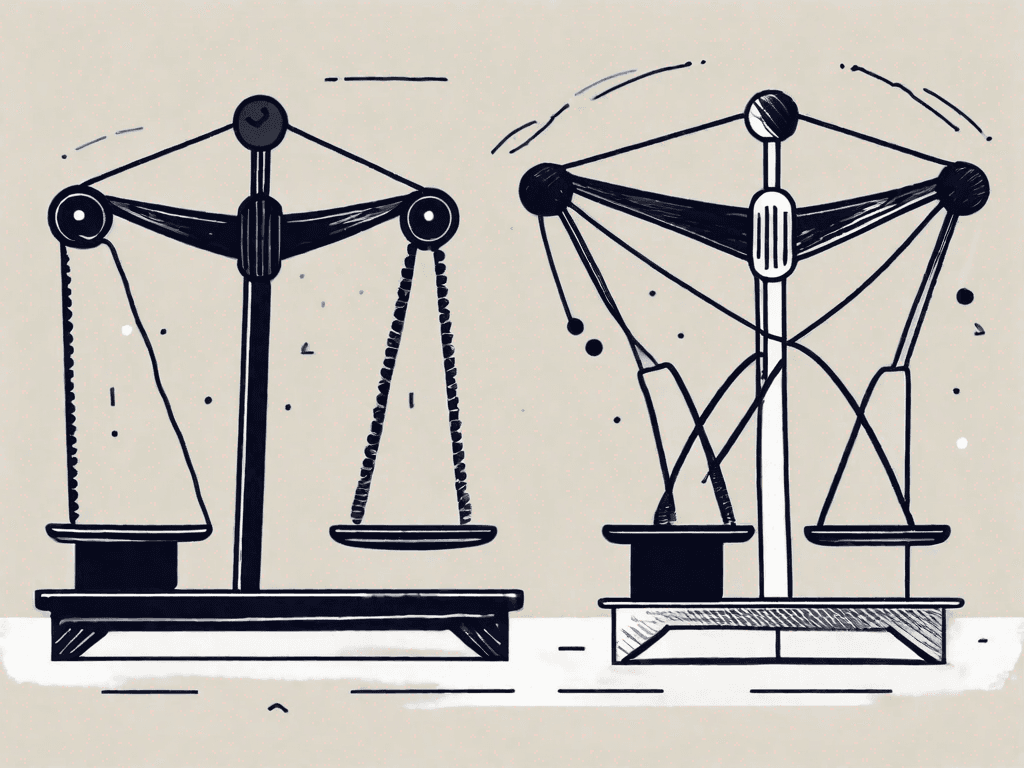
Salesforce vs Nimble CRM: Which CRM is the Best?
In today's fast-paced business world, choosing the right Customer Relationship Management (CRM) platform is crucial for success. Two highly popular options in the market are Salesforce and Nimble CRM. Both offer unique features and benefits that cater to different business needs. In this article, we will compare Salesforce and Nimble CRM, exploring their pros and cons, pricing, integrations, and ultimately help you understand which CRM is the best fit for your specific requirements
1°) Pros and Cons of Salesforce and Nimble CRM
Before we dive deeper into the specifics, let's examine the pros and cons of both Salesforce and Nimble CRM.
When it comes to choosing a CRM platform, it's crucial to consider the advantages and disadvantages of each option. In this section, we will explore the pros and cons of Salesforce and Nimble CRM to help you make an informed decision.
1.1 - Pros of Salesforce
One of the standout advantages of Salesforce is its robust feature set. It offers a comprehensive range of tools for sales, marketing, and customer service. With Salesforce, businesses can leverage a variety of functionalities to streamline their operations and enhance their customer relationships.
Additionally, Salesforce's scalability makes it suitable for businesses of all sizes. Whether you're a small startup or a large enterprise, Salesforce can accommodate your needs and grow alongside your business.
Moreover, Salesforce's extensive customization options allow businesses to tailor the CRM platform to their unique needs. This adaptability ensures that Salesforce can effectively meet the requirements of various industries and verticals.
1.2 - Cons of Salesforce
Despite its numerous strengths, Salesforce has a few drawbacks worth mentioning. Firstly, the complexity of the platform can be overwhelming for new users. The learning curve might require additional training and support to fully utilize its capabilities.
Furthermore, Salesforce's pricing structure tends to be higher compared to other CRM solutions. While the investment can be justified by the platform's robust features and scalability, this can be a significant factor for small businesses or startups with limited budgets.
1.3 - Pros of Nimble CRM
Nimble CRM stands out for its user-friendly interface and simplicity. It offers a streamlined workflow that allows users to quickly navigate the platform and access essential features without getting overwhelmed.
Another notable advantage of Nimble CRM is its social media integration. It automates the process of gathering information from various social media channels, enabling businesses to have a comprehensive view of their prospects and customers. This feature can be particularly useful for companies heavily relying on social selling and networking.
1.4 - Cons of Nimble CRM
Although Nimble CRM boasts an easy-to-use interface, its feature set is relatively more limited compared to Salesforce. While it covers the basics exceptionally well, businesses requiring advanced functionalities might find it lacking.
Additionally, Nimble CRM's scalability might be a concern for rapidly growing organizations. It may not offer the same level of customization and adaptability as Salesforce, which could limit its suitability for businesses with complex needs.
1.5 - Key Differences between Salesforce and Nimble CRM
While both Salesforce and Nimble CRM have their unique strengths, understanding the key differences between the two is essential in making an informed decision.
Some of the key differences include:
Scalability: Salesforce offers superior scalability, making it suitable for businesses with exponential growth potential. Nimble CRM, on the other hand, might be better suited for smaller businesses or teams.
Complexity: Salesforce is known for its feature-rich and extensive platform, making it a preferred choice for businesses with complex requirements. Nimble CRM's simplicity makes it attractive for those seeking a more straightforward solution.
Pricing: Salesforce's pricing structure tends to be higher compared to Nimble CRM. Businesses with limited budgets might find Nimble CRM more cost-effective.
Integration: Salesforce has a vast and diverse range of integrations available, allowing seamless connectivity with various third-party applications. Nimble CRM also offers integrations but might have a more limited selection.
By considering these key differences, you can determine which CRM platform aligns best with your business goals and requirements.
2°) How does Salesforce pricing compare to Nimble CRM?
Pricing is a crucial factor to consider when selecting a CRM platform. Let's explore how Salesforce and Nimble CRM compare in terms of pricing.
2.1 - Salesforce Pricing
Salesforce offers several pricing plans, including:
Standard: This plan starts at $75 per user, per month, offering essential CRM functionalities.
Professional: Priced at $150 per user, per month, it provides additional features and customization options.
Enterprise: Starting at $300 per user, per month, this plan includes advanced analytics and development capabilities.
Unlimited: The highest-tier plan starts at $450 per user, per month, offering the most comprehensive feature set and unlimited support.
2.2 - Nimble CRM Pricing
Nimble CRM adopts a more straightforward pricing approach:
Nimble Business: Priced at $25 per user, per month, offers contact management, sales, and marketing features.
Nimble Contact: At $19 per user, per month, this plan focuses on contact management and engaging with customers effectively.
2.3 - Pricing comparison
While Salesforce offers a more extensive range of plans and features, Nimble CRM provides a cost-effective solution for businesses looking for basic CRM functionalities at a lower price point.
It is crucial to evaluate your specific requirements and budget when considering the pricing aspect.
3°) How do Salesforce integrations compare to Nimble CRM?
Integrations play a vital role in ensuring seamless connectivity and enhancing the functionality of a CRM platform. Let's compare the integration capabilities of Salesforce and Nimble CRM.
3.1 - Salesforce integrations
Salesforce boasts an extensive integration ecosystem, with numerous pre-built connectors and APIs available. It seamlessly integrates with popular applications such as:
Microsoft Outlook and Office 365
Gmail and Google Workspace
HubSpot
Mailchimp
Zendesk
These integrations enable businesses to streamline their workflows and synchronize data across various systems.
3.2 - Nimble CRM Integrations
While Nimble CRM also offers integrations, its selection might be more limited compared to Salesforce. Some notable integrations include:
Outlook
Gmail
Microsoft Teams
Mailchimp
Although Nimble CRM has fewer integrations, it covers the essential applications required for most businesses' day-to-day operations.
4°) Which one is the Best for You?
Now that we have explored the various aspects of Salesforce and Nimble CRM, let's determine which CRM is the best fit for different business scenarios.
4.1 - The Best for Salespeople
Salesforce's robust feature set, scalability, and extensive integration options make it an ideal choice for sales teams seeking a powerful CRM platform. The customizability and advanced analytics capabilities empower salespeople to manage their leads, track opportunities, and drive revenue growth effectively.
4.2 - The Best for Consultants
Nimble CRM's simplicity and social media integration make it an excellent choice for consultants or individuals focused on building relationships and networking. The platform's ability to aggregate information from social media channels helps consultants gain valuable insights into their prospects and clients, enabling more personalized and targeted interactions.
4.3 - The Best for Digital Marketing Agencies
For digital marketing agencies, Salesforce's comprehensive feature set and diverse integration options provide unmatched capabilities. The platform allows seamless integration with popular marketing tools such as HubSpot and Mailchimp, enabling agencies to automate marketing campaigns, track leads, and manage customer interactions efficiently.
In conclusion, Salesforce and Nimble CRM are both formidable CRM platforms, each with its own set of strengths and weaknesses. By assessing your business requirements, budget, and specific needs, you can determine which CRM solution aligns best with your goals. Whether you prioritize extensive features, scalability, simplicity, or social media integration, making an informed decision will set you on the path towards CRM success.











![The 8 Best Social CRM Software in 2025 [Comparison]](https://framerusercontent.com/images/RYHyYapdgIi83BEWtMdX418.png)
![The 6 Best LinkedIn CRM in 2025 [Comparison]](https://framerusercontent.com/images/Luywfni7ZKjb19yghbhNPy4I4qQ.png)




![The 5 Best Twitter CRM [Comparison]](https://framerusercontent.com/images/EWcbvYnVZglJLO8jp3OlHkTvsHo.png)
































































































































































